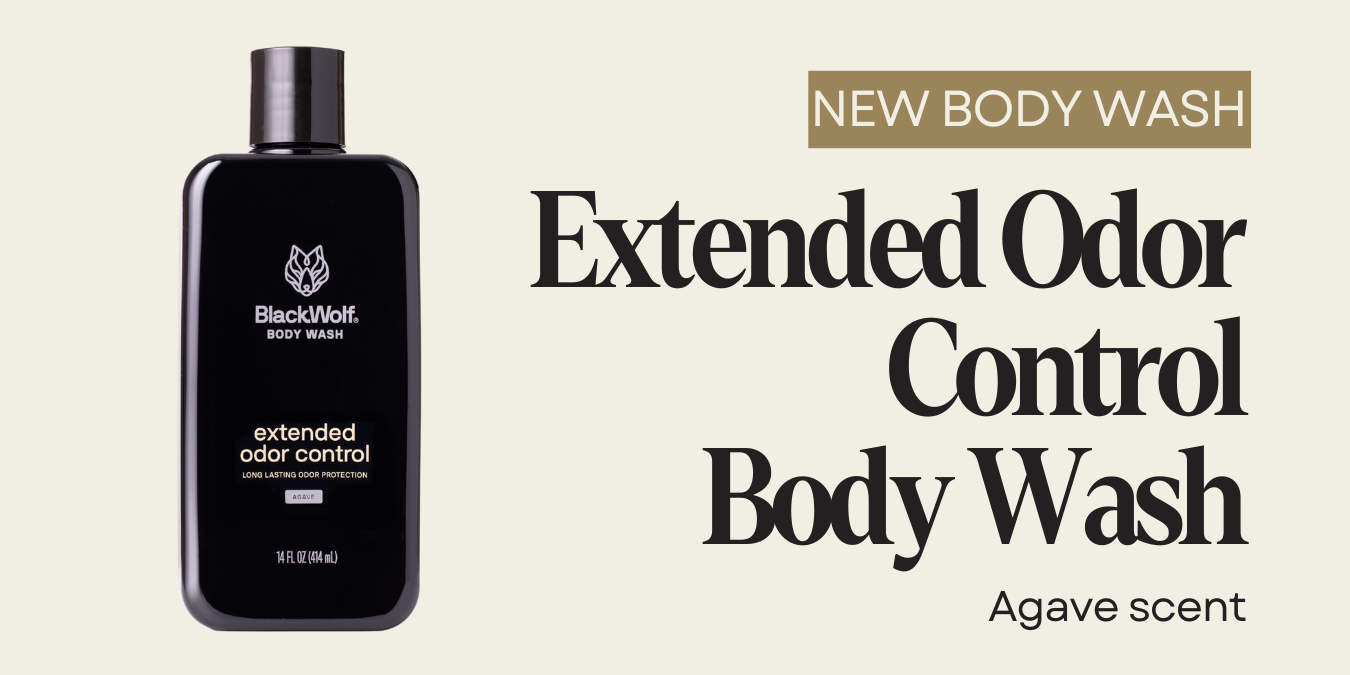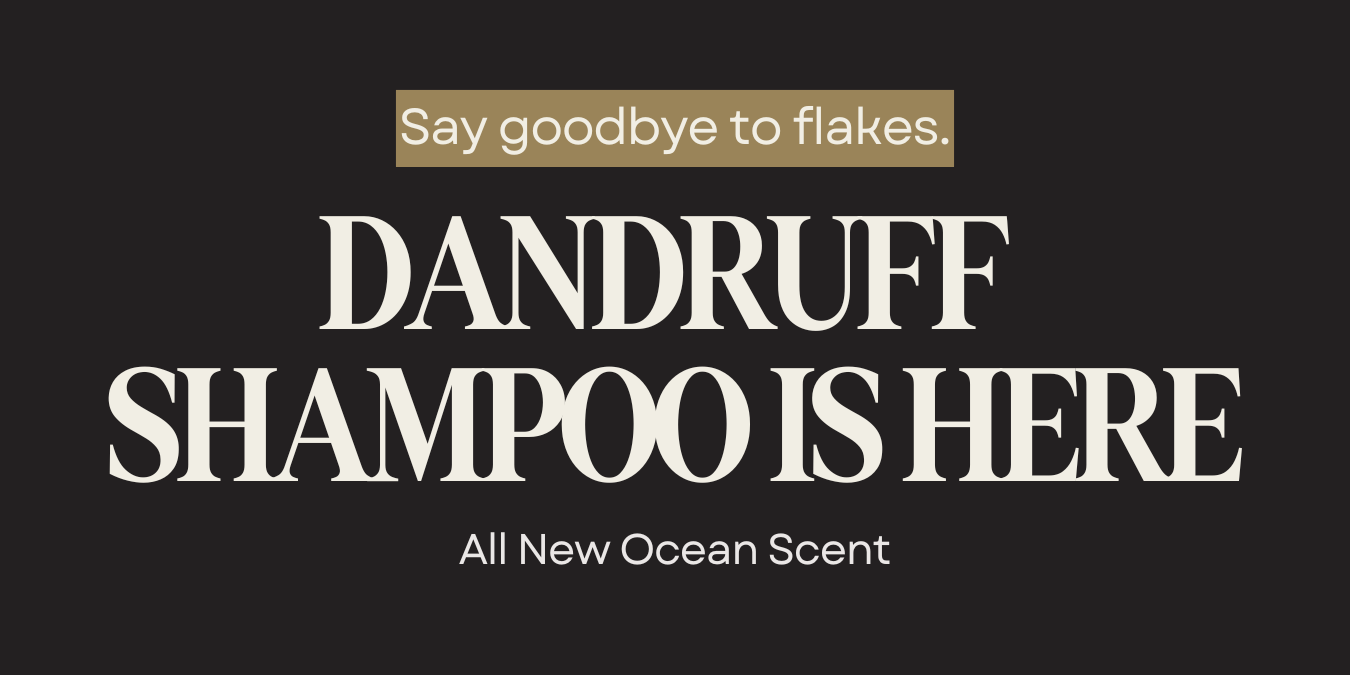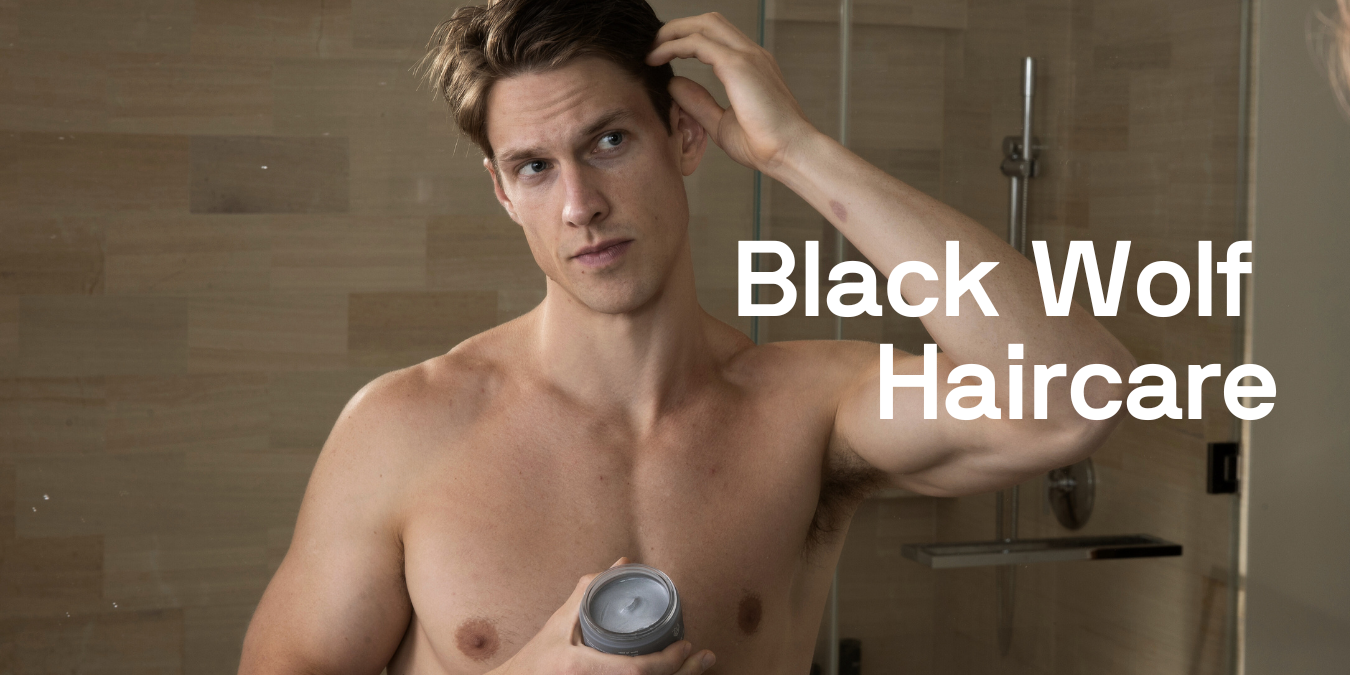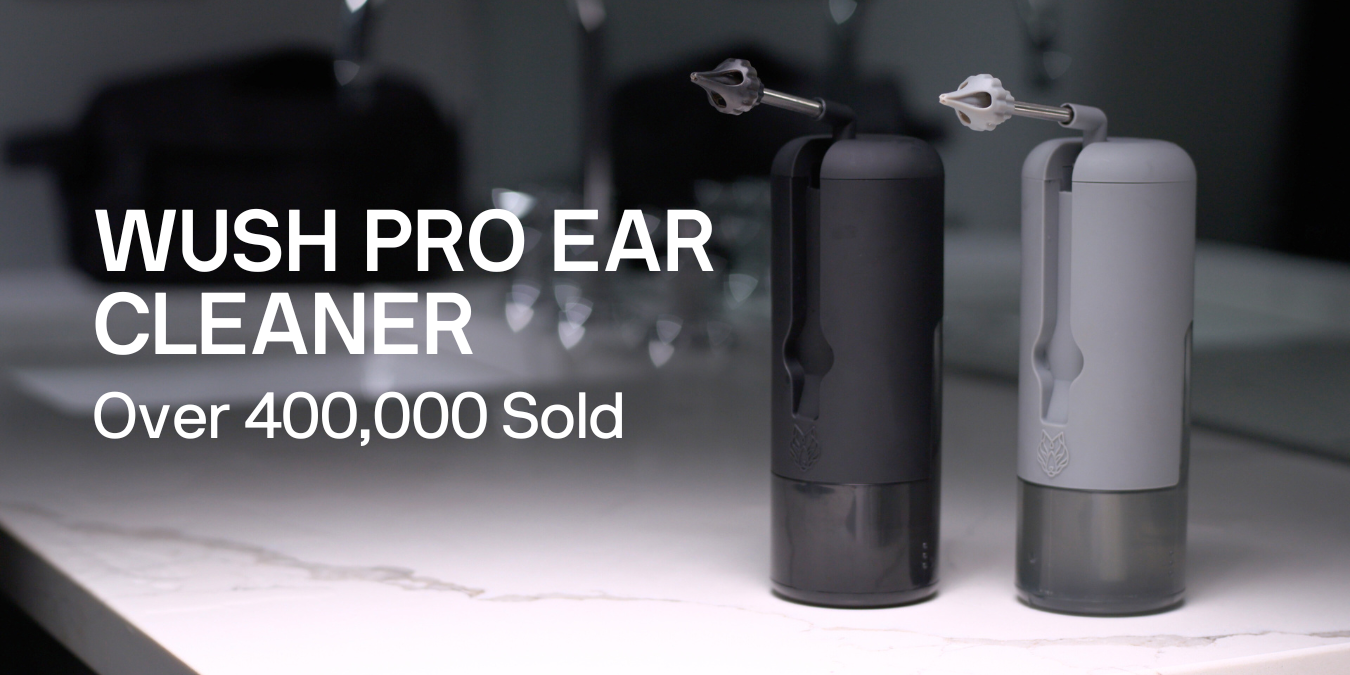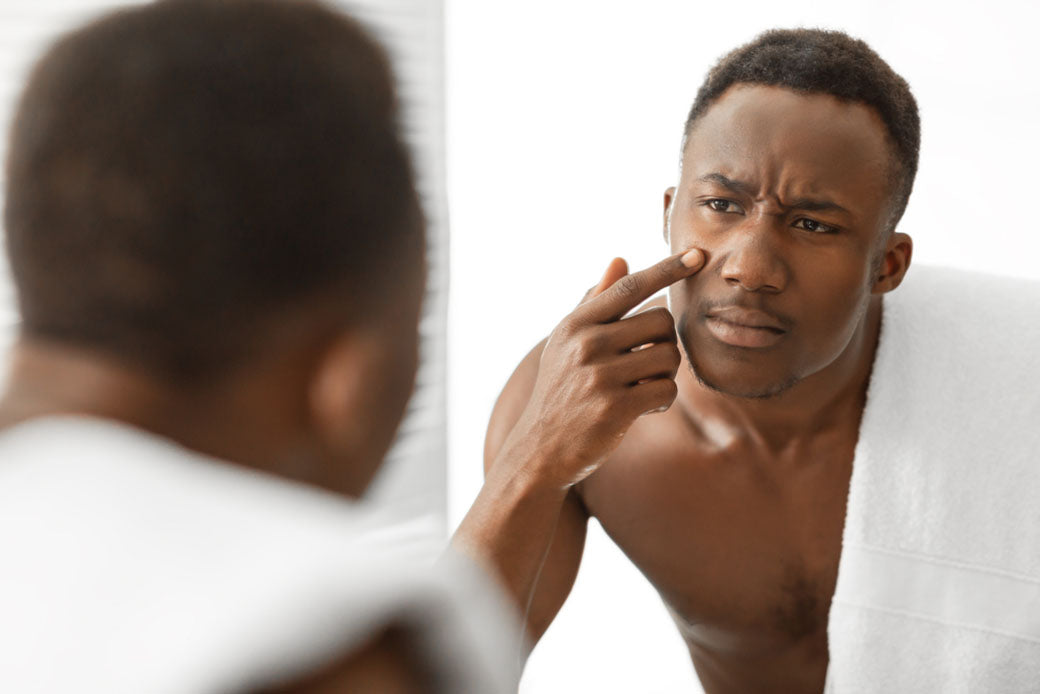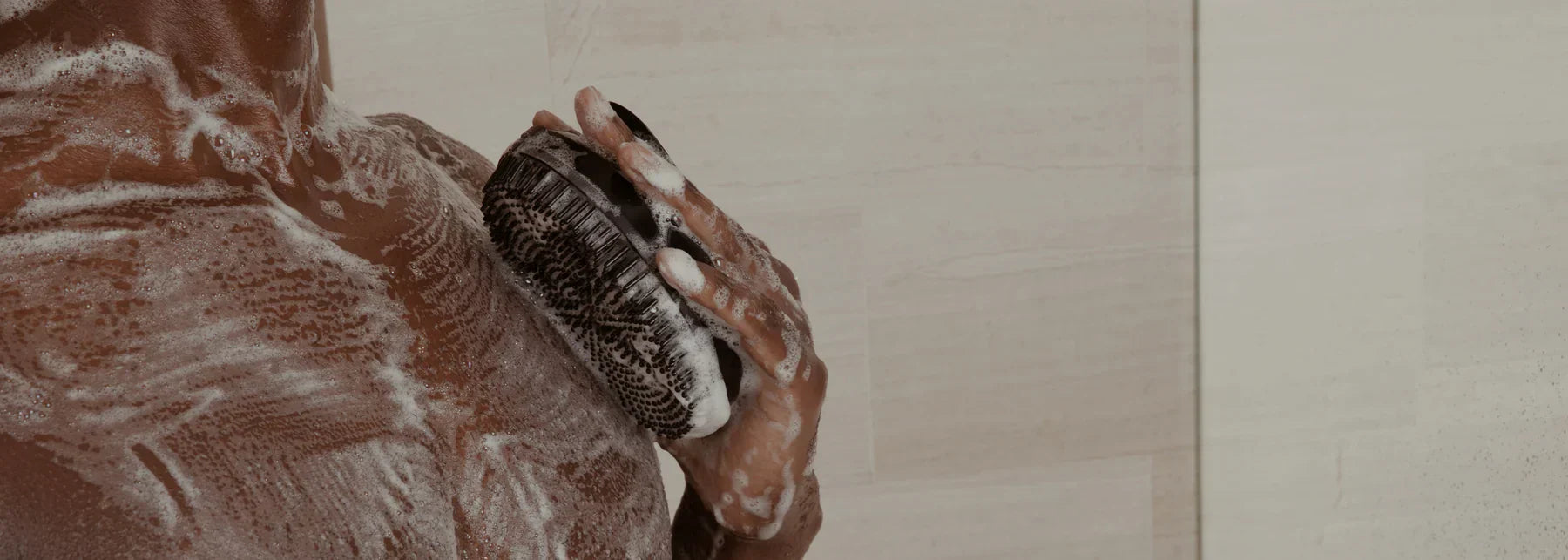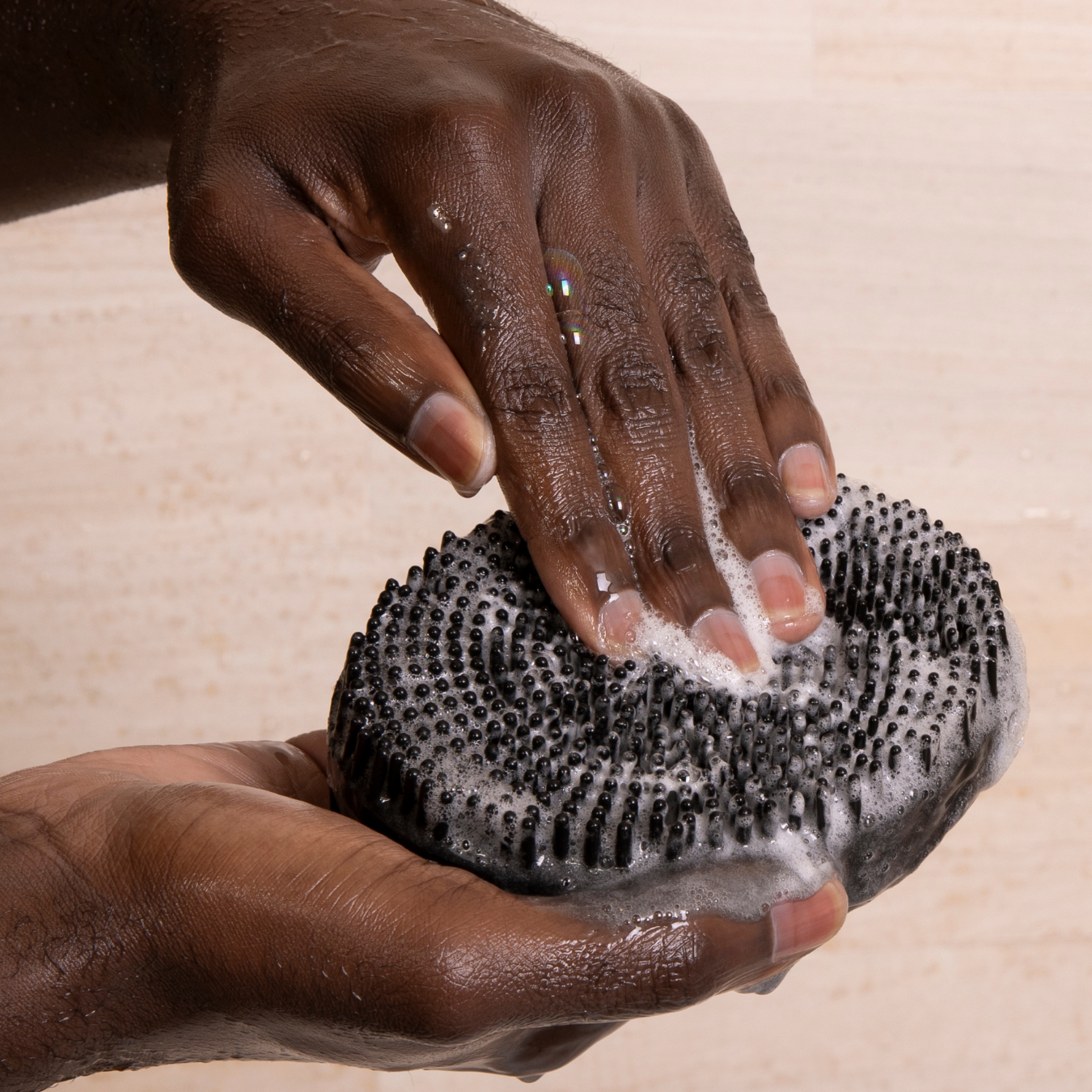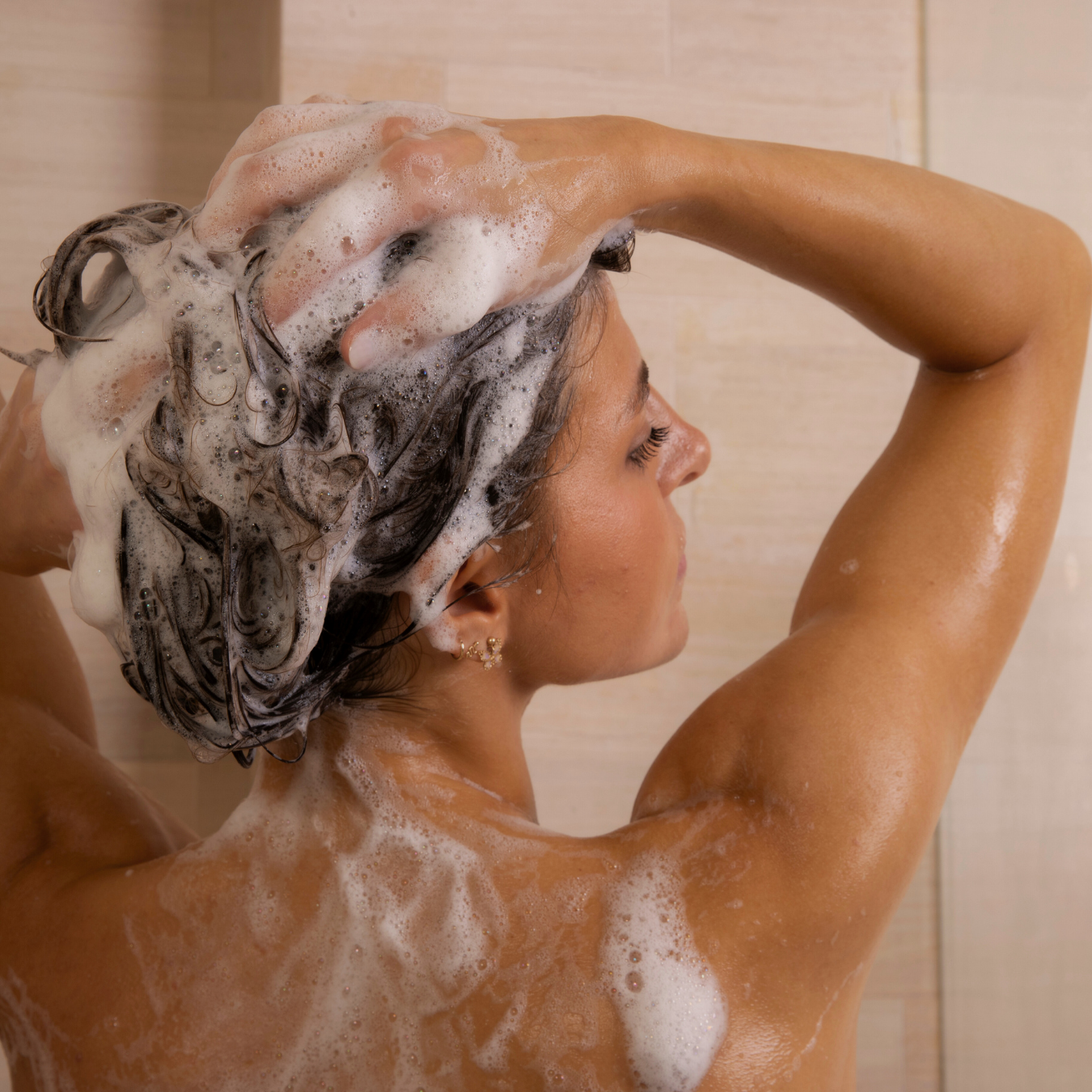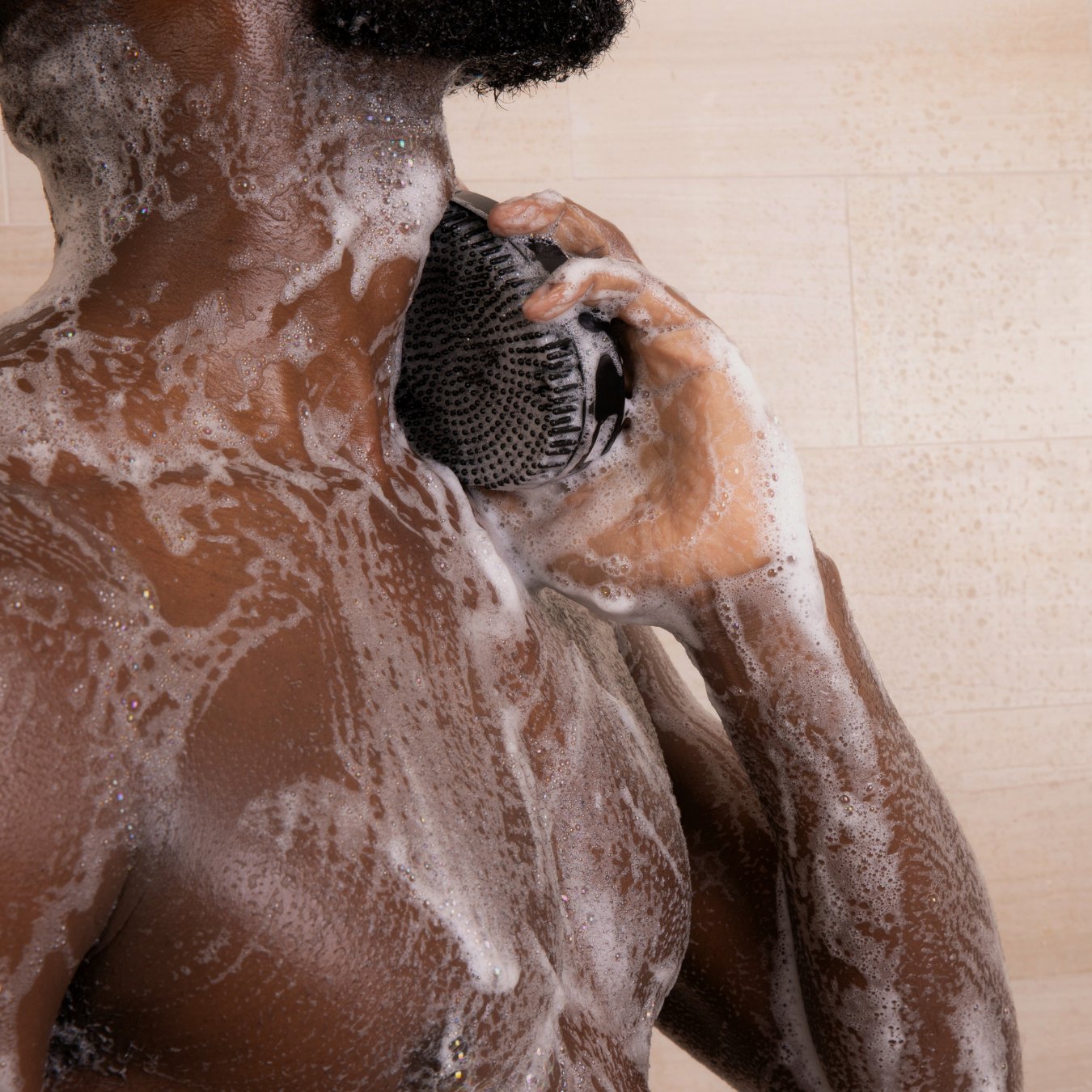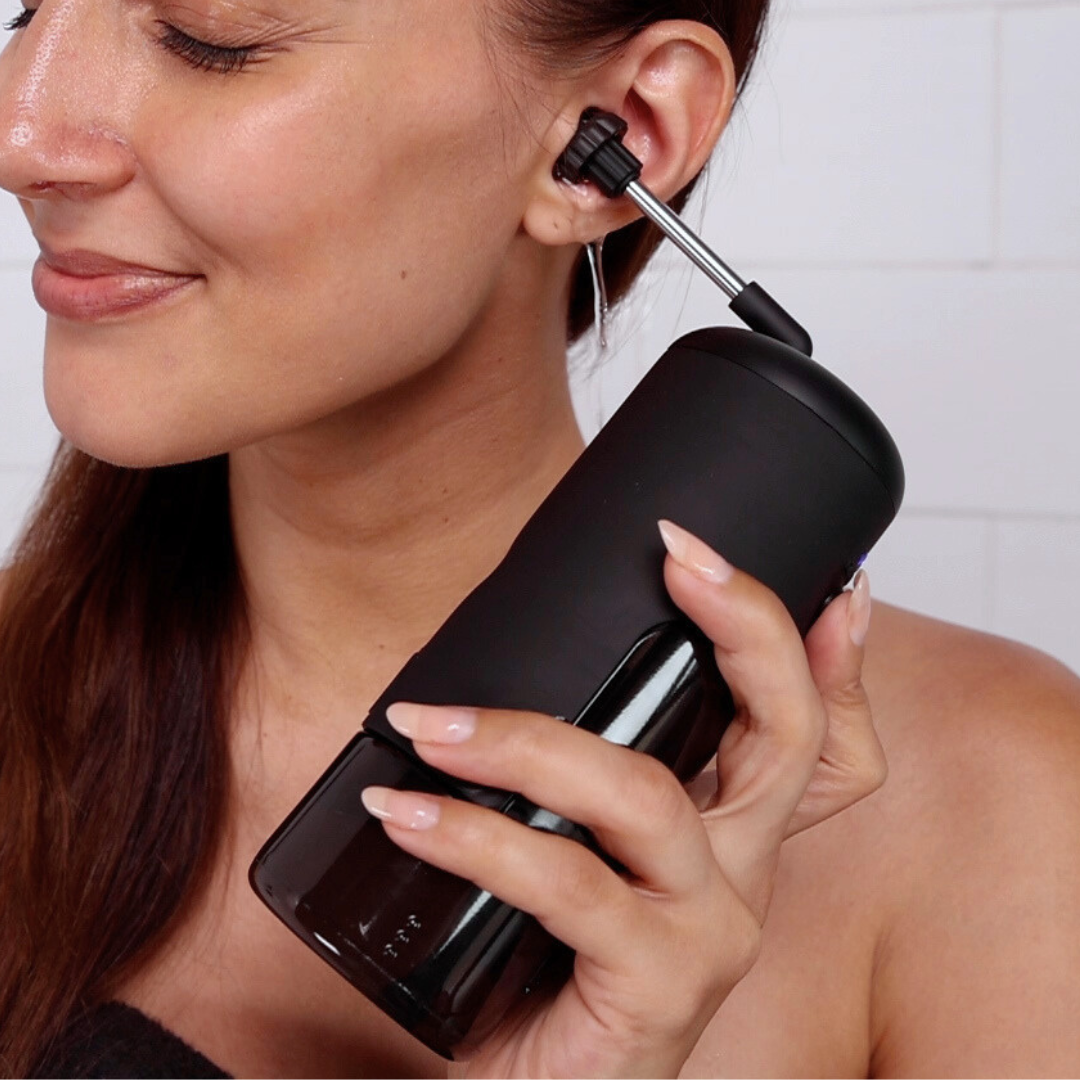What Is Squalane?
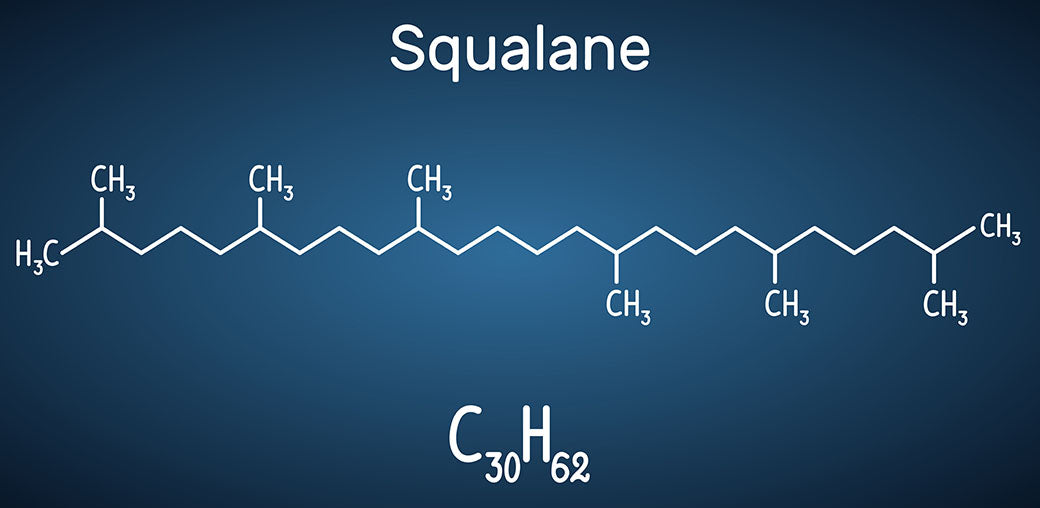
Source: Bacsica/ Shutterstock.com
We all know that our skin produces oil. But perhaps a few too many of us operate under the misconception that our natural oils are nothing but an acne-causing nuisance. Not true, gentlemen.
Now it is true that too much sebum — that’s what the oil is called — can lead to an onslaught of breakouts. But that oil keeps your skin from turning into an arid desert. It hydrates and forms a protective barrier for your skin, even equipping it with antibacterial properties. Your sebum is a collection of various lipids, roughly 20 percent of which is composed of squalene.
And that brings us to our topic of discussion: Squalane. Note that little spelling difference? Maybe you spotted it and thought it was a typo. Nope. Squa-LANE is a tweaked version of squalene, and it plays a starring role in skincare these days. That’s why you can find it in a lot of our products, including our charcoal face mask.
Battle Blackheads with a Charcoal Face Mask
Source: Elnur/ Shutterstock.com
What’s it doing in our products? IT’S HYDRATING, FOOL. But that’s not all. The goodness is vast. While it’s an oil, it’s not greasy. It doesn’t clog pores. It helps prevent damage from UV light. It gives you an antibacterial and antioxidant hookup. And as the Indian Journal of Dermatology notes, it’s also good for acne, psoriasis and dermatitis.
Not bad, right? Praise be to the scientists who gave us this gift. This cousin of the lipid in your sebum is extracted from plants and given a blast of hydrogen, which stabilizes it and makes it possible for use in skincare products. The hydrogen turns that plant-derived squalene into squalane.
Now perhaps you’re wondering something along these lines: Okay, my face already produces this hydrating genius, so why do I need more of it?
Not a bad question. So let’s dip into some reasons why you should be adding squalane-infused products to your skincare regimen.
First of all, go ahead and revisit the squalane benefits we just laid out. It’s true that, in some instances, there can be too much of a good thing. Not really the case with squalane. It’s good for all skin types. When you moisturize — and everyone should moisturize — make sure you’re using squalane.
But also, as we creep up in years, our bodies stop producing quite as much squalene. A pretty noticeable drop-off comes once we pass that 30-year threshold. So for guys who fall into the thirty-something-and-above crowd, it’s especially important to replace that reduced oil production with squalane. Not only does excessively dry skin not feel good, it also makes you more prone to premature aging and even acne. So go ahead and treat your mug with some oil-free moisturizer for dry skin.
Stay Hydrated with Oil-Free Moisturizer for Dry SkinHold up, you might be saying? Dry skin causes acne? Yep. If your face is dry, it’s quite likely that it’s a veritable wasteland of pore-clogging dead skin cells. Overly dry skin can also trigger your sebaceous glands to crank out excessive amounts of sebum. So if you’re dealing with a little combo of dryness and acne, get after those clogged pores with a squalane-equipped peel-off face mask for blackheads. A good charcoal face mask is a skincare delight that too few dudes take advantage of. All it takes is 15 minutes once a week. When you peel it back, your skin not only feels great, there’s a whole ocean of extracted gunk to admire. It’s basically deep-sea fishing in your pores. You remove the blockages, but you also give your visage the squalane benefits we just enumerated.

Source: Roy photo/ Shutterstock.com
So what is squalane? It’s the ultimate hydrating tool. And if there’s one thing we can’t say enough around here: You gotta keep it moisturized, gentlemen.
